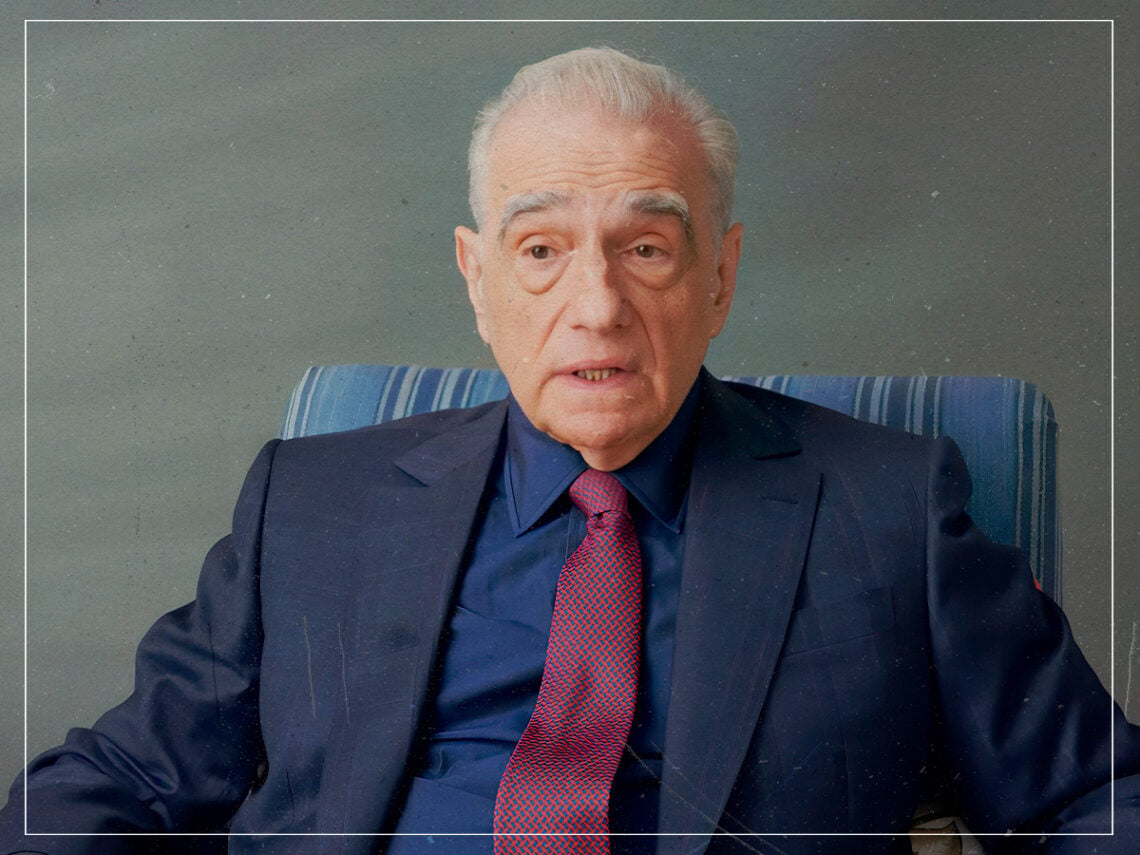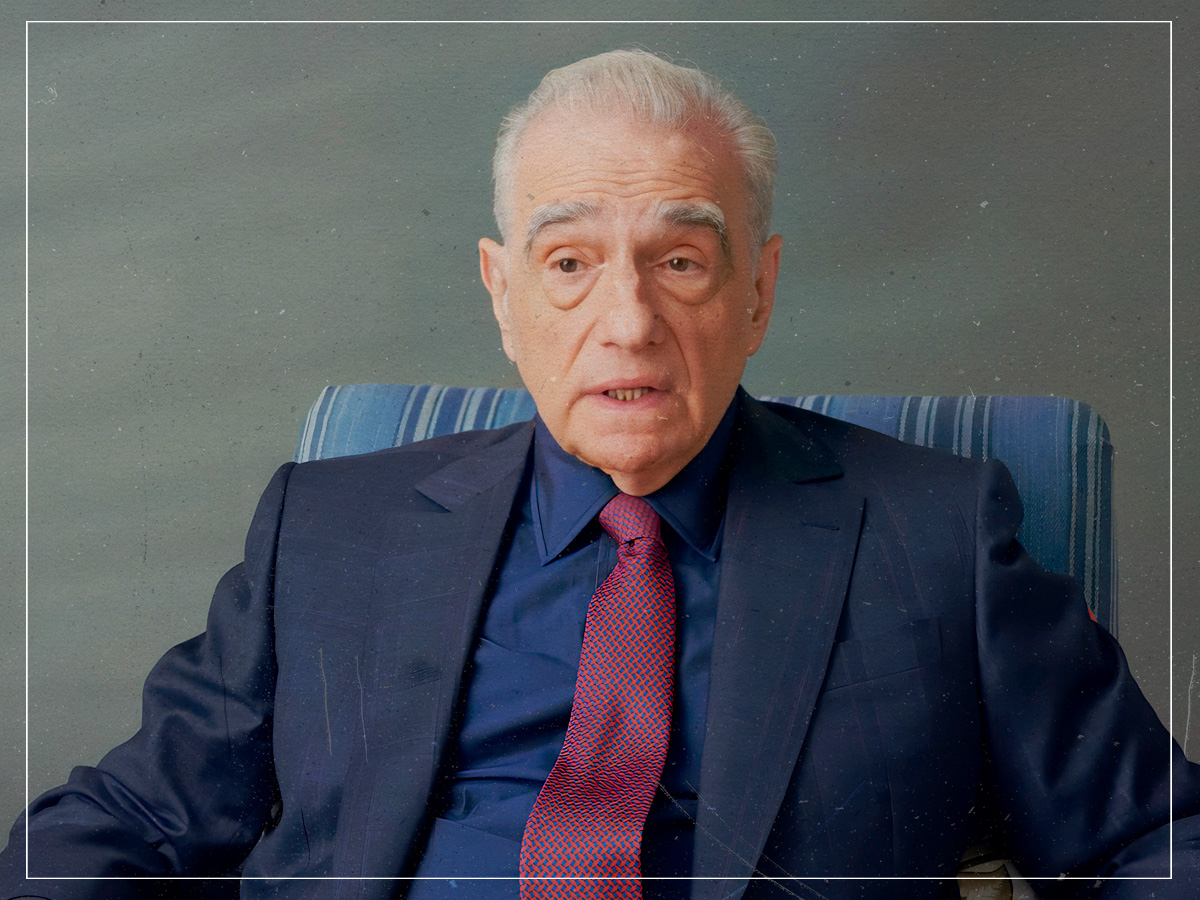
(Credits: Far Out / YouTube Still)
Wed 27 August 2025 19:15, UK
When Martin Scorsese has something to say about cinema, everyone shuts up and listens, because when the master is at work, the mortals drop what they’re doing and pay attention.
As well as forever changing the medium through his mammoth filmography, with Taxi Driver sparking the attempted assassination of an American president and uproar around the country at Jodie Foster’s breakout role, the director has perhaps been more outspoken through his work to highlight and preserve the films made by other directors around the globe.
He has always been fiercely passionate about protecting cinema and nurturing the future of the medium (one that is in a particularly precarious state during this day and age), adding his voice to lengthy debates around everything from popcorn pictures to the impact of Marvel. But while being very vocal about the forces that are steadily destroying cinema, he has also been quick to praise those who are doing their jobs well, with buckets of kind words to say about a few pivotal directors who defined British cinema.
Britain has given birth to some of the most influential filmmakers of all time, whether it be Alfred Hitchcock, Christopher Nolan, Ridley Scott, Lynne Ramsay or Joanna Hogg. It’s a place that has welcomed reinvention and creative rebellion, leading to cinematic movements that have forever rocked the waters. But for Scorsese, there are a few in particular that he believes made the biggest dent in the medium.
When discussing this, Scorsese described the impact of the typical heavyweights – Hitchcock, David Lean and Powell and Pressburger. But there was one he emphasised who is often left out of the history books, saying, “…one of the key directors we tend to leave out these days is Carol Reed. When we think that the four major names that come to mind when you’re dealing with British cinema are Hitchcock and Lean and Carol Reed and Powell and Pressburger. Carol Reed is someone that has to be reassessed, particularly in view of what we may call noir.”
Reed’s influence is rarely acknowledged in the British canon, despite having a prolific body of work that Scorsese thinks of very fondly. The director expanded on this, noting, “You could say The Fallen Idol is one, possibly. It’s a magnificent film. But certainly Odd Man Out and The Third Man, and then you have the ambiguity and the experimentation of The Man Between, which may not be as successful as The Third Man or Odd Man Out, but is a haunting film.”
Adding, “Another that has to be appreciated more is Outcast of the Islands. We know about the production problems, but when I saw it as a young person, I couldn’t tell that there were cutaways to studio shots and that sort of thing.”
His knowledge of her work is vast and something to be expected, given all we know about Scorsese’s childhood and his frequent trips to the silver screen. But something he never fails to do is shine a spotlight on the works that escape our attention, bringing more mainstream awareness to a director who deserves to be remembered among the greats.
Related Topics

